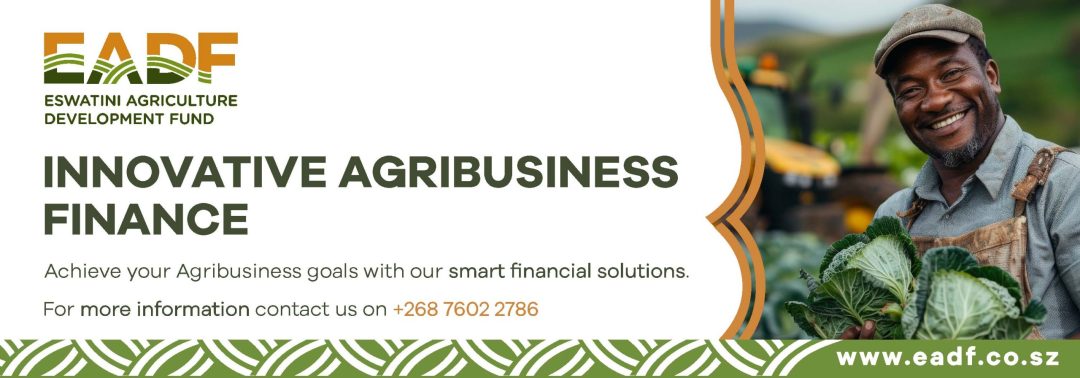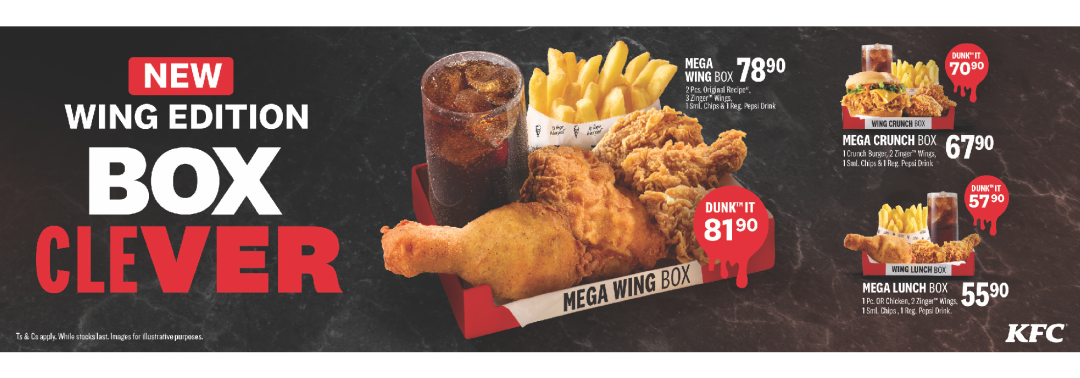
Eswatini Railways (ESR) has reported a shortfall in its cargo volumes for the third quarter of the 2024/25 financial year, citing economic fluctuations and disruptions on the Goba Line as key contributors to the decline.
According to ESR’s Official Newsletter, Volume 1 2024/2025, the company transported 5,285,319 tons of cargo from April to December 2024, falling 13.8% short of the 6,130,769 tons budgeted for the period.
This represents a deficit of 845,450 tons. Despite the shortfall, the company has slightly improved from the 5,537,498 tons recorded during the same period in the previous financial year.
ESR CEO, Nixon Dlamini, acknowledged the challenges faced by the organization, noting that global economic conditions continue to impact the logistics sector. Fluctuating commodity prices, particularly for coal, have affected the viability of intermodal projects, while political instability in Mozambique disrupted ESR’s Goba Line operations for several weeks.
“We are behind our budgeted tonnage, but the improvements compared to last year encourage us. We remain optimistic that by the end of the financial year, we will meet our targets,” Dlamini said.
The logistics sector remains vulnerable to economic and political shifts, and ESR has not been immune. The Goba Line, a key route connecting Eswatini to the Port of Maputo in Mozambique, was affected by political developments that resulted in temporary suspensions of operations.
Additionally, coal prices, which significantly impact intermodal transport, have been volatile, leading to uncertainties in export volumes. ESR has now identified an urgent need to diversify intermodal operations beyond coal and expand to other commodities.
To mitigate these challenges and recover lost revenue, ESR is implementing several strategic initiatives, including:
- Securing new bulk clients such as Puma Energy, Shiselweni Forest, and Premier, to diversify its cargo portfolio.
- Operationalizing the Mpaka Inland Container Depot (ICD) to expand exports to Common Market for Eastern and Southern Africa (COMESA) countries.
- Engaging Transnet Freight Rail (TFR) to facilitate seamless train movements between Eswatini and Richards Bay, South Africa.
- Investing in additional rolling stock (wagons and locomotives) to meet increasing cargo demands.
Despite these setbacks, ESR remains optimistic about a strong recovery in the final quarter of the financial year. The company is also exploring digital solutions to improve customer tracking and enhance efficiency in its operations.

Looking ahead, ESR is prioritizing the acquisition of TFR B-Fleet wagons to support existing and new businesses. Additionally, the company aims to capture bagged sugar exports, which are currently transported by road to Maputo, and acquire new coal clients in Matsapha.
According to the newsletter, the KaDake Line resuscitation presents a great opportunity for ESR to contribute to Eswatini’s economic growth while ensuring the sustainability of our railway operations.




